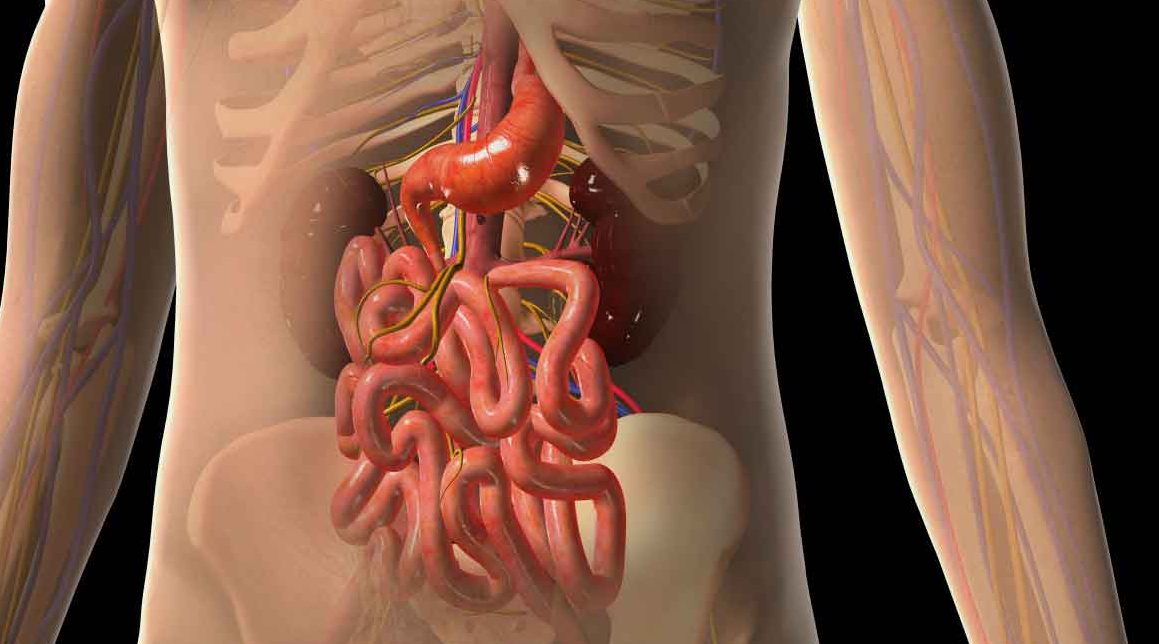How the Gut-Brain Connection Affects Your Health

The 100 trillion microbes that live within your digestive system may be related to many illnesses that affect your brain. Here’s what you should know.
The gut's 100 trillion microorganisms have long been understood to digest food and help your immune system. For at least two decades, scientists have been exploring how the gut's bacteria, viruses, and other microorganisms — collectively called the microbiome — hold surprising sway over your entire body.
"The three pounds of microbes that you carry around with you may be more important for some health conditions than every single gene in your genome," Rob Knight, PhD, a professor at the University of California–San Diego and a leading gut researcher, said in a TED talk.
YOU MIGHT ALSO LIKE: 13 Foods to Fight Constipation
In what researchers call the gut-brain-microbiome axis, the microbiome helps produce dozens of neurotransmitters. Your gut is your body's serotonin factory, for example, producing 95 percent of the essential mood-booster.
The insight has helped launch new fields of research, from microbial endocrinology to psychoneuroendocrinology.
What is clear is that the gut and the brain constantly communicate — and that communication is surprisingly two-directional. The brain-microbiome axis could be implicated in conditions like irritable bowel syndrome, obesity, depression, multiple sclerosis, and other neurodegenerative diseases like Alzheimer's disease.
To take one example, some antidepressant medications (SSRIs) act on serotonin. Yet it's long been noted that side effects of SSRIs include constipation, diarrhea, and bloating. It could be that, by altering the effects of serotonin in your body, those medications also impact your gut.
Treating the gut directly might also lead to improvement in mood and well-being. Small clinical trials in humans are beginning to show that taking probiotics, cocktails of beneficial microbes, can minimize depression and anxiety.
Do mood, diet, or other environmental factors change the bacteria in your gut — or do bacteria in your gut change your health? It may be that both affect one another, some researchers say. Either way, tinkering with the balance in your gut may bring results.
Researchers have shown bacterial transplants can change behavior. Some worked with two types of mice — one bred to be timid and another bred to be bold and gregarious. The researchers discover that, when they transplanted bacteria from one type of mouse to the other, recipients took on the personality characteristics of the donor. Assertive mice became more timid, and the timid mice began to more boldly explore their environment.
The gut may affect people profoundly from infancy, creating the conditions for normal brain development. One overview found that babies born by Cesarean section have a 25 percent higher risk of developing austim, perhaps because they miss out on essential bacteria in the vaginal canal that help jumpstart the newborn microbiome during traditional birth — and, along with it, the immune system and brain.
Clinical trials are just beginning to test ways to alter the microbiome’s action.
Overgrowths of C. difficile, which cause chronic diarrhea, have been tough to banish with antibiotics in some patients. Doctors now treat the bacteria with microbial balance from a healthy donor through the donor's fecal matter.
The procedure is believed to have a very high safety profile; reported side effects have been minimal, usually mild cramping for the first few hours afterwards.
Many hard-to-treat ailments may ultimately respond to medicine targeting the gut.
In the meantime, if you're interested in finding out what's in your gut, you can participate in the Microsetta Initiative, one of several projects gathering samples from the public. Researchers from the University of California in San Diego will analyze your microbiome, comparing it to others in its growing database.
So far, research has concluded that:
- Eating 30 or more different kinds of plants increases the diversity of your microbiome.
- Taking antibiotics changes your gut composition.
- Eating animals treated with antibiotics seems to leave traces of those antibiotics in your gut.
The project tellingly found links between the microbiome and depression that was consistent in both the United States and the United Kingdom.
Updated:
December 19, 2023
Reviewed By:
Christopher Nystuen, MD, MBA and Janet O'Dell, RN